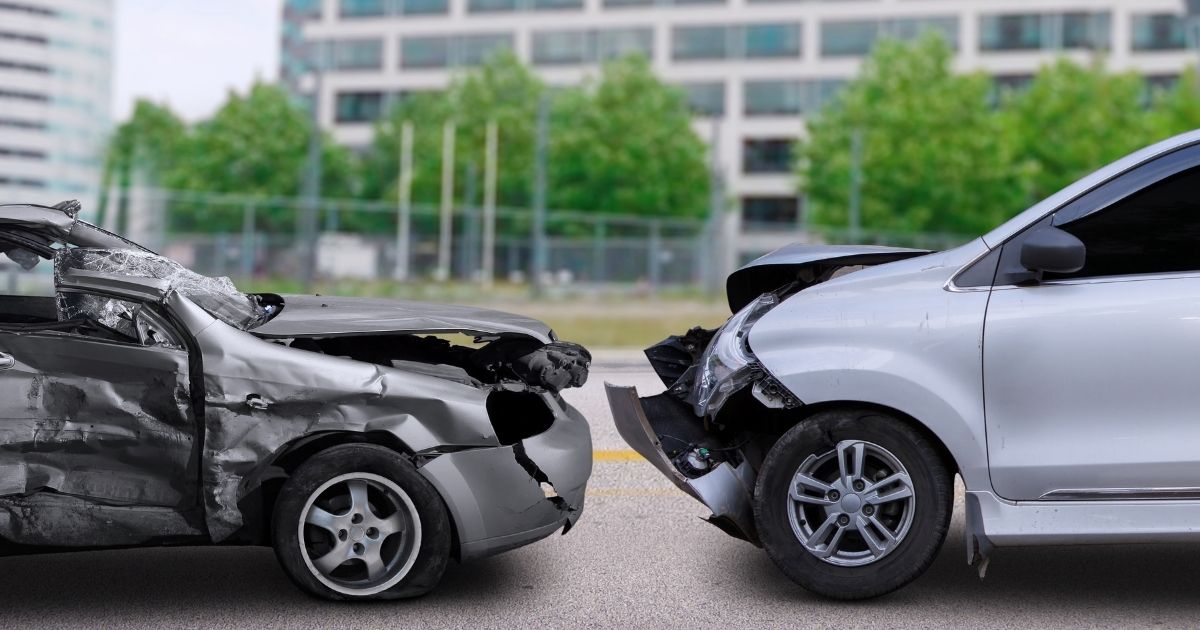A car accident is a stressful experience, and it can leave you with more questions than answers. After the chaos and confusion subside, you probably wonder to yourself how all the damages you incurred will be covered, particularly if the accident was not your fault. Unfortunately, it is difficult to put a time frame on your compensation when there are so many factors at play. There are also several different steps you must take to reach a successful outcome.
Before learning about the legal process of a car accident lawsuit, it will be beneficial to know your state’s accident laws first. You do not need to report a car accident in Ohio, unless there is an injury, there is at least $400 worth of property damage, or if a driver in the accident does not have car insurance or acceptable financial coverage.
In Ohio, there are three important rules to discuss: the statute of limitations, the “modified comparative fault” rule, and Ohio’s insurance laws.
- Statute of limitations: The statute of limitations is a state law that is the deadline for someone to file a lawsuit. The statute of limitations in Ohio is two years beginning from the date of the accident. Remember that it does not apply to car insurance claims, as insurance companies’ deadlines vary, but generally require a claim to be filed promptly following an accident. Furthermore, a wrongful death lawsuit is also two years, though the time limit begins on the date of death and not the date of the accident.
- Modified comparative fault: The term “comparative fault” refers to when two or more parties share fault in an accident scenario. With “comparative fault,” if the plaintiff shared any responsibility for the accident, then their share of compensation is reduced by the percentage they are found to be at fault. For instance, if the plaintiff is found to share 40 percent of fault, then they would only receive 60 percent of the final compensatory amount. With a “modified comparative fault” rule, if the plaintiff is found to be more than 50 percent at fault, they cannot recover anything at all.
- Insurance laws: Ohio is an “at-fault” insurance state, meaning that whoever is at fault for an accident is responsible for paying for any damages. If the damage sustained is more than the responsible party’s policy limits, than they are legally responsible to pay for what the insurance company cannot cover. Drivers in Ohio are required to carry liability car insurance, and it is illegal to operate a vehicle without insurance.
The Legal Process of a Car Accident Lawsuit
Although a car accident can turn your life upside down in mere seconds, the legal process could take months, if not years, to complete. Hiring an experienced car accident attorney is your first step to ensure the process goes smoothly and you reach a positive outcome. However, the time you wait for the legal process to complete and for you to receive your compensation largely depends on the following processes:
- File a claim: The process begins when you notify the party at fault that you plan on pursuing a claim to recover damages from the accident, and to settle the medical bills. Your attorney will submit your medical bills to the at-fault party’s insurance company to negotiate and settle.
- Negotiation with insurance company: Negotiation with the insurance company will likely end in a less amount offered to cover your medical bills and property damage. When the insurance company does not offer a reasonable compensation, you will then need to file a lawsuit.
- File a lawsuit: The next step is to file a lawsuit, because at this point it is the only way to resolve the negotiation. Most cases are resolved in court. Your attorney will advise you on the details of the negotiation and will consult with you on how to proceed.
- Litigation: The litigation process begins when you file a formal complaint to the court. You, the plaintiff, will ask the at-fault party for an answer, which would then lead to the “discovery” portion of litigation, which is a formal investigation of the case’s facts. This is the last part of the process before trial when both parties can reach a resolution in a settlement.
- Trial: At this point of the process, your attorney will advise you if it will be beneficial for you to go to trial or not, with the losses and rewards in mind. If the trial is started, your attorney will represent you and your case, showing the facts about the accident, and how the at-fault party’s driving caused your damages.
Generally, it could take at least 12 months for the legal process to end. But it can either be sped up or slowed down depending on other factors, such as the severity of injuries, any disabilities that are the result of the accident. Other factors include the insurance company, the reputation of your attorney, and the discovery process of the case.
What to Do Following a Car Accident?
A car accident can be stressful and overwhelming. It can be tough to know what to do amongst all the distractions. The following are a few steps you can take to protect yourself:
- Check for injuries: Check yourself and your passengers if there are any injuries. If there are, immediately call 911 to get medical personnel to the scene. If it safe to do so, check on any other drivers and their passengers as well. Refrain from moving anyone if they are injured unless there is an immediate danger like a car fire.
- Do not leave the scene: Never leave the scene of an accident, regardless of if the damage was minor or there are no injuries. If a police officer is at the scene, make sure you check with them first before leaving. Leaving the scene of an accident is illegal in most states.
- Call the police: Calling 911 will bring the police to the scene of the accident. Most states have laws requiring you to call the police in the event of an accident, depending on injury and the amount of property damage. The officer will fill out a police report, which will detail the accident, containing the accounts of whoever was involved including witnesses, as well as the conditions of the accident. The police report may even determine who was at fault as well.
- Move the vehicles: If there are no serious injuries, and it is safe to do so, try to get the vehicles out of the roadway and onto the shoulder. This will help first responders get to the scene quicker.
- Exchange information: Exchange contact and insurance information with any other drivers involved in the accident. Gather owner information of the vehicles as well. Take pictures of their insurance cards and driver’s license so there are no clerical errors. If there are any witnesses, make sure to get their names and contact information as well.
- Gather evidence: Gather evidence of the accident as best you can, including photos and video of the scene. Be sure to get photos of vehicle damage and any other applicable evidence, such as traffic signals, the area’s conditions, or skid marks. If there are any surveillance cameras nearby, note their locations because you may need to refer to that footage later.
- Choose your words carefully: Do not admit fault or apologize to any other driver or to the police and keep conversations with other drivers at a minimum. Your words can be used against you, so choose your words carefully.
- Notify your insurance company: Contact your insurance company and let them know what happened, as well as the details you collected at the scene of the accident. Even if you are not at fault, you are required to promptly notify your insurance company.
- Get medical help: Even if you do not feel injured, it is always a good idea to seek medical help. Many injuries do not appear until well after the accident and getting checked out by a doctor immediately after an accident will aid any insurance claims you make.
- Speak to a lawyer: If your accident had severe damage or involved a serious injury, you should contact a lawyer immediately. Do not sign anything or agree to any settlement without talking to a lawyer first.
Dayton Car Accident Attorneys at Wright & Schulte LLC Help Accident Victims Throughout the Legal Process
The legal process of getting compensation for a car accident can be lengthy. To get the compensation you deserve, you need the help of a car accident lawyer. Call the Dayton car accident attorneys at Wright & Schulte LLC right away. Our knowledgeable team has years of experience and can help you throughout the entire legal process. Call us today at 937-222-7477 or fill out our online form to schedule a consultation. From our offices located in Dayton, Ohio, we proudly serve all clients of Dayton, Cincinnati, Columbus, Cleveland, Centerville, Toledo, Youngstown, and Miamisburg.



